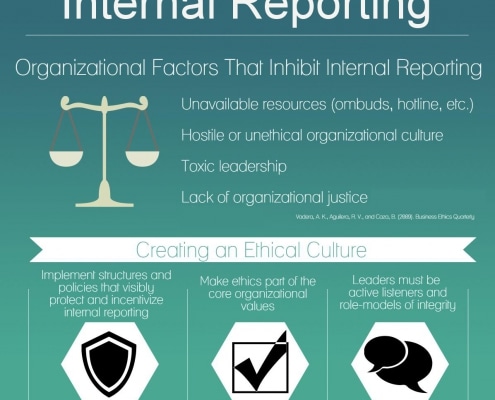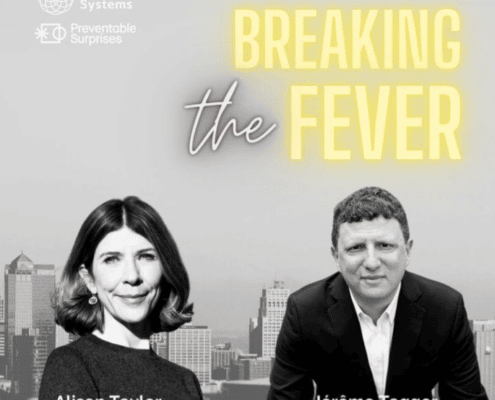
Breaking the Fever: A Conversation with Wall Street Veteran and Whistleblower Desiree Fixler
Blog, Internal Reporting, Personality & Personnel, Podcast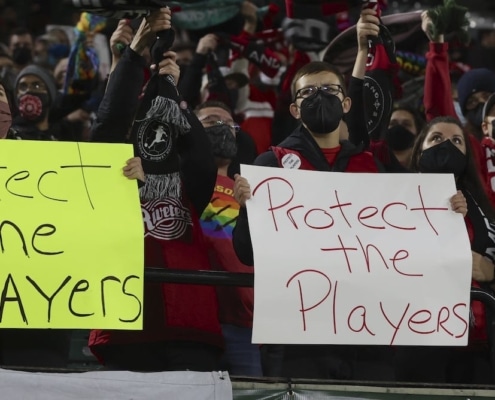
Why Abuse in Women’s Professional Soccer Was an “Open Secret”
Blog, Corporate Culture, Decision Making, Internal Reporting, Speak-Up and Call-Out Culture
Has Twitter Been Ignoring Cybersecurity Failings?
Blog, Corporate Culture, Internal Reporting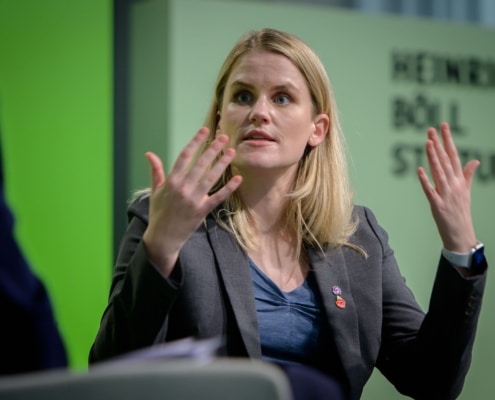
Why It Seems Like So Many Big Tech Whistleblowers Are Women
Blog, Corporate Culture, Corruption, Decision Making, Internal Reporting, Speak-Up and Call-Out Culture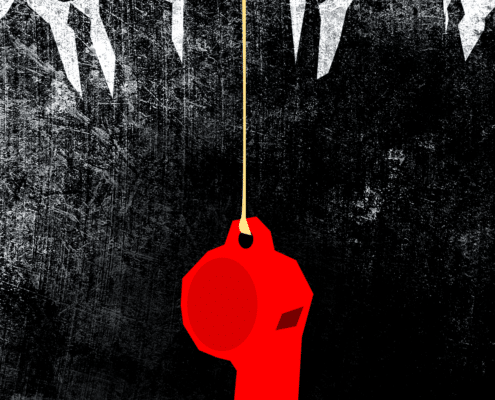
Why Do People Become Whistleblowers?
Blog, Internal Reporting
It’s Time to Question Everything About Best-Practice Compliance
Blog, Compliance & Ethics Programs, Corporate Culture, Corruption, Internal Reporting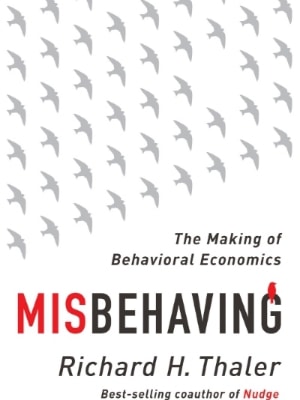
Misbehaving: The Making of Behavioral Economics
Book Summaries, Cheating & Honesty, Contextual Influences, Decision Making, Fairness, Internal Reporting, Practitioner, Professor, Researcher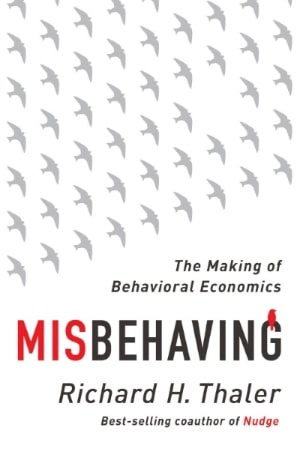 What do economics, psychology, and experimental science have in common? As Richard Thaler implies in Misbehaving: The making of behavioral economics, most economists would say little to none — but this couldn’t be further from the truth. Misbehaving is, first and foremost, a story of how modern economics, finance, and theoretical analysis have become increasingly specialized and narrow without substantial practical value. Utilizing empirical studies and anecdotes, funny stories, and even some jokes, Thaler persuades the reader that behavioral studies — or psychology-motivated disciplines which focus on humans, not mythical rational agents — are here to stay.
What do economics, psychology, and experimental science have in common? As Richard Thaler implies in Misbehaving: The making of behavioral economics, most economists would say little to none — but this couldn’t be further from the truth. Misbehaving is, first and foremost, a story of how modern economics, finance, and theoretical analysis have become increasingly specialized and narrow without substantial practical value. Utilizing empirical studies and anecdotes, funny stories, and even some jokes, Thaler persuades the reader that behavioral studies — or psychology-motivated disciplines which focus on humans, not mythical rational agents — are here to stay.
Thaler’s findings have numerous and far-reaching implications for designing and implementing ethical systems within organizations. Read our book review and learn more.
